How Does a Narcissist React If You Accept Their Discard and Move On Gracefully?
 When you've been in a relationship with a narcissist and the dynamics begin to change, it's not uncommon for a "discard" phase to occur. This is a point where the narcissist may devalue and reject their partner, often abruptly. If you, as the partner, accept this rejection without pleading or bargaining for the relationship to […]
When you've been in a relationship with a narcissist and the dynamics begin to change, it's not uncommon for a "discard" phase to occur. This is a point where the narcissist may devalue and reject their partner, often abruptly. If you, as the partner, accept this rejection without pleading or bargaining for the relationship to […]When you've been in a relationship with a narcissist and the dynamics begin to change, it's not uncommon for a "discard" phase to occur. This is a point where the narcissist may devalue and reject their partner, often abruptly. If you, as the partner, accept this rejection without pleading or bargaining for the relationship to continue, the narcissist's reaction can be telling. It's a shift in the typical power dynamic they're used to controlling, by which your acceptance of the discard undermines their expectations of your response.
Narcissists thrive on control and affirmation. Your lack of visible distress or pleas for reconsideration in the face of their decision to discard can trigger various reactions. They may increase their attempts to regain control through manipulation or by seeking a reaction that reaffirms their influence over you. Alternatively, they may move on in search of a new source of narcissistic supply. Understanding this reaction and the motives behind it can be a crucial step in maintaining your boundaries and beginning the process of healing from narcissistic abuse.
Key Takeaways
- Accepting a narcissist's decision to discard can elicit unexpected reactions as it challenges their control.
- A narcissist may try to regain power or seek validation elsewhere when faced with a non-reactive partner.
- Recognizing this pattern is essential to establishing boundaries and moving toward recovery.
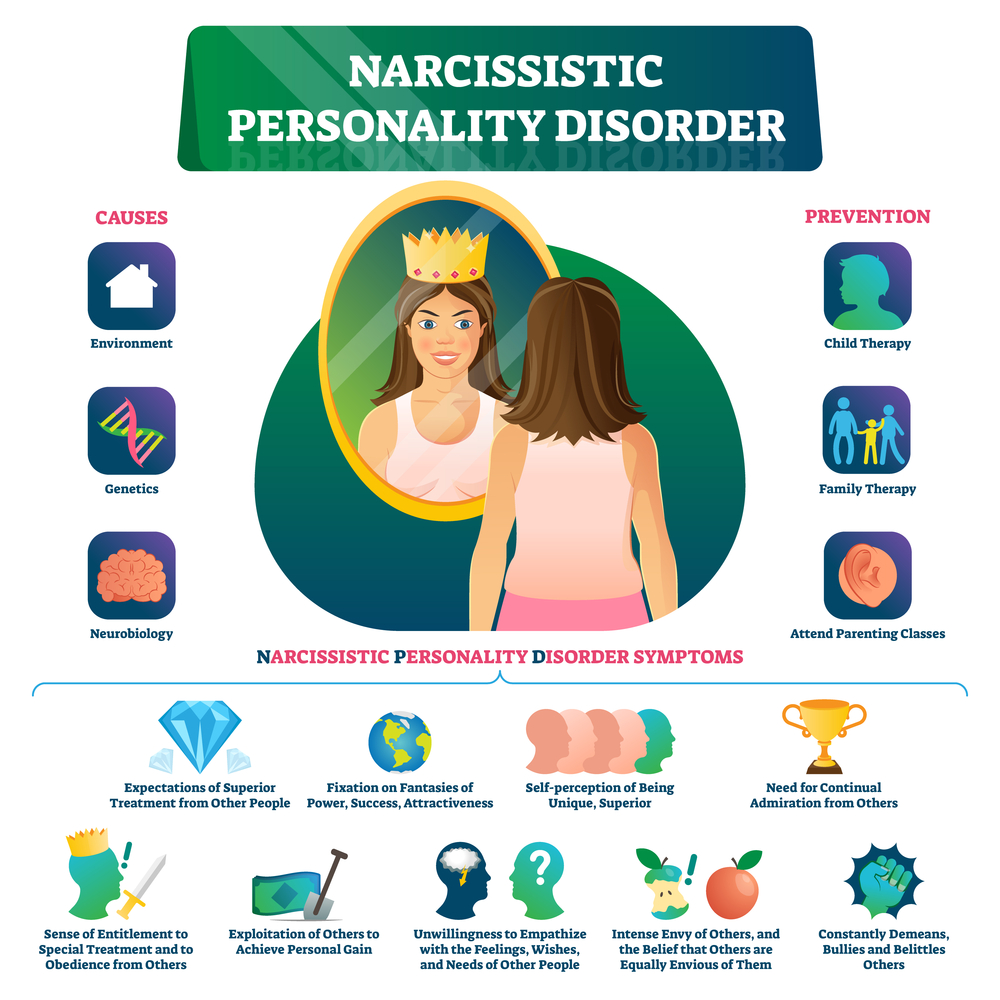 Understanding Narcissistic Personality Disorder
Understanding Narcissistic Personality Disorder
In getting to grips with Narcissistic Personality Disorder (NPD), it's crucial to understand its core features and the avenues available for diagnosis and treatment.
Characteristics of Narcissism
Narcissistic Personality Disorder encompasses a wide array of behaviors, including an inflated sense of self-importance and a deep need for excessive attention and admiration. Here are a few specific points:
- Grandiosity: You might notice a person with NPD has an exaggerated sense of their abilities and accomplishments.
- Lack of Empathy: There's often a notable deficiency in empathetic understanding, making it hard for individuals with NPD to recognize and value the feelings and needs of others.
- Relationship Struggles: They may form relationships that are superficial or serve to inflate their self-image.
Key Takeaway: At its core, narcissism can manifest in a grandiose self-view and a lack of empathy, impacting relationships deeply.
Diagnosis and Therapy
Diagnosing NPD can be complex. Healthcare professionals look for persistent patterns of narcissistic behaviors that differ significantly from cultural norms. Here's what's generally involved:
- Therapeutic Assessment: A therapist may use specific criteria from the DSM-5 to diagnose this condition.
- Approaches to Therapy: Treatment typically includes psychotherapy, such as cognitive behavioral therapy, which helps individuals understand and change their thinking and behavior patterns.
Key Takeaway: If you suspect NPD, it’s essential to seek help from a therapist who employs strategies to diagnose and help manage the disorder.
The Dynamics of a Narcissist's Relationships
In understanding how a narcissist conducts relationships, it's essential to recognize the patterns of control and fluctuating perceptions they often exhibit. They might pull you into a cycle of feeling like you're on a pedestal, only to push you off unexpectedly.
Control and Manipulation
Narcissists tend to weave a complex web of control in their relationships. Their need to manipulate can be seen in how they interact with you.
- Dictating Terms: They may set specific expectations for how you should behave or respond to them.
- Gaslighting Tactics: By challenging your reality, narcissists often attempt to gain psychological superiority.
Key Takeaway: Avoid attempting to shift your perception of reality or enforce unwarranted rules.
Idealization and Devaluation
The cycle of idealization and devaluation is a core component of the narcissistic relationship dynamic.
- Praising to Isolate: Initially, you might be praised excessively, making you feel unique and chosen.
- Suddenly Shifting: After gaining your trust, the same traits they admire can become the focus of criticism.
Key Takeaway: Remember, the shift from adoration to criticism is about them, not your worth.
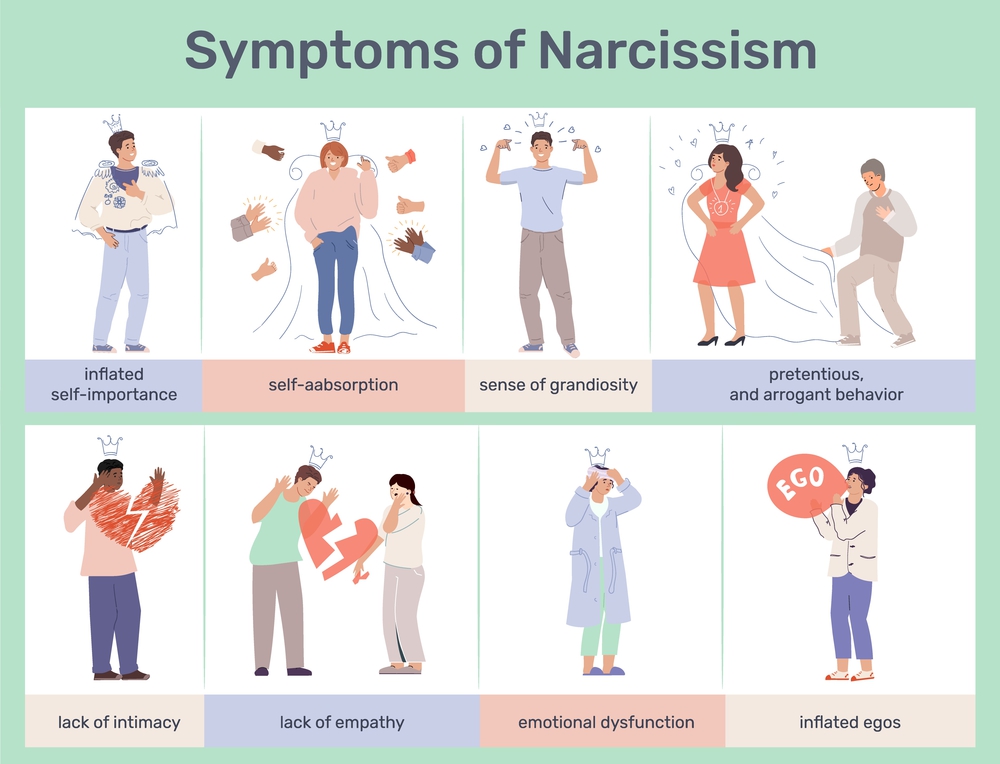 Recognizing Discard in the Narcissistic Cycle
Recognizing Discard in the Narcissistic Cycle
When you're entangled with a narcissist, understanding the final stage of the cycle, known as discard, is crucial. This is when the narcissist may decide to withdraw their attention and affection abruptly.
Patterns of Narcissistic Discard
- Sudden Withdrawal: Narcissists often end relationships without warning, leaving you confused.
- Repeat Cycles: Discards can happen repeatedly as part of a cycle where the narcissist re-engages with you later.
Key Takeaway: You may notice a pattern where the narcissist exits the relationship unexpectedly, only to return later, starting the cycle anew possibly.
Impact on the Victim
- Emotional Trauma: The abrupt end of a relationship with a narcissist can cause significant emotional distress.
- Self-Doubt: You might question your desirability and worth after being discarded.
Key Takeaway: Recognizing the discard is essential to understand the emotional turmoil it can cause and to start healing.
 Typical Narcissist Reactions to Rejection
Typical Narcissist Reactions to Rejection
When a narcissist perceives that they are being rejected, mainly if you accept their decision to discard without begging them to stay, they may exhibit a range of intense emotional reactions.
Rage and Anger
A narcissist's sense of superiority can feel threatened by rejection, often resulting in an immediate and intense display of rage. Here's what you might see:
- Explosive Outbursts: Sudden angry reactions that can seem disproportionate to the situation.
- Verbal Attacks: Hurtful comments aimed at undermining your self-esteem.
Key Takeaway: Stay calm and remember their anger does not reflect your worth.
Manipulative Behaviors
Narcissists are skilled at turning situations to their advantage. Upon feeling rejected, they may use manipulative tactics to regain control:
- Bargaining: Offering false compromises to make you reconsider.
- Gaslighting: Twisting reality to make you question your perceptions and decisions.
Key Takeaway: Trust your instincts and maintain boundaries to protect your well-being.
The Importance of Boundaries with a Narcissist
In your interactions with a narcissist, setting firm boundaries is pivotal. It's a step towards self-respect and signals you won't tolerate manipulation or control.
Setting and Maintaining Boundaries
Key Takeaway: Your boundaries are non-negotiable; they protect your well-being.
- Define Your Limits: Know your values and decide what behaviors you won't accept.
- Communicate Clearly: Use "I" statements to assertively express your boundaries without blaming or criticizing.
- Stay Consistent: Narcissists test limits, so it's crucial to uphold your boundaries consistently.
Consequences of Weak Boundaries
Key Takeaway: Loose boundaries invite disrespect and manipulation, diminishing your control and self-esteem.
- Loss of Respect: If you're wobbly on your limits, a narcissist might not take your other words seriously.
- Increased Control: Narcissists thrive on control, and without firm boundaries, they may attempt to dominate your decisions.
Establishing and upholding firm boundaries with a narcissist can be unnerving, but it's a crucial step in preserving your respect and maintaining control over your life.
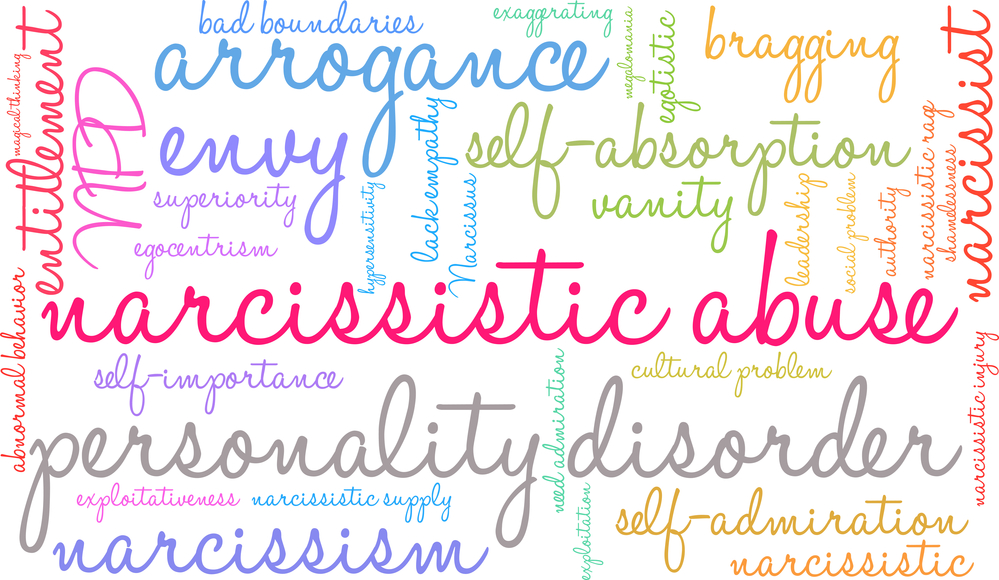 Effects of Narcissistic Abuse
Effects of Narcissistic Abuse
When you suffer from narcissistic abuse, the impact isn't just felt in the moment—it leaves long-lasting emotional and psychological scars. Knowing how this abuse unfolds can empower you to recognize it and begin the healing process.
Emotional and Psychological Toll
Narcissistic abuse is a silent predator, leaving scars that aren't visible to the naked eye but are felt deeply in the psyche. You may experience a range of intense emotions, such as:
- Confusion: A constant questioning of reality.
- Fear: An ongoing sense of dread about upsetting the abuser.
- Guilt: Feeling unworthy or that the abuse is somehow your fault.
- Shame: A deep sense that you are flawed or unlovable.
This form of abuse often leads to psychological challenges, too:
- Anxiety: Persistent worry that can interfere with daily life.
- Depression: A profound sadness that may include feelings of hopelessness.
- Post-traumatic stress disorder (PTSD): Re-living the trauma through flashbacks and nightmares.
- Low self-esteem: A diminished sense of self-worth.
Your resilience is critical to overcoming these hurdles. Healing requires time and often the support of professionals who can guide you.
Recognizing Verbal Abuse
Verbal abuse is a weapon in the narcissist's arsenal and can be more damaging than physical abuse because it's harder to recognize and prove. Look out for these signs:
- Insults: Being called names or being belittled.
- Gaslighting: Having your experiences manipulated in a way that makes you doubt your sanity.
- Withholding: Having your emotional needs ignored or rejected.
- Countering: Having your memories and perceptions continuously challenged.
Remember, your feelings are valid, and recognizing this behavior is the first step towards distancing yourself from the toxicity of narcissistic abuse.
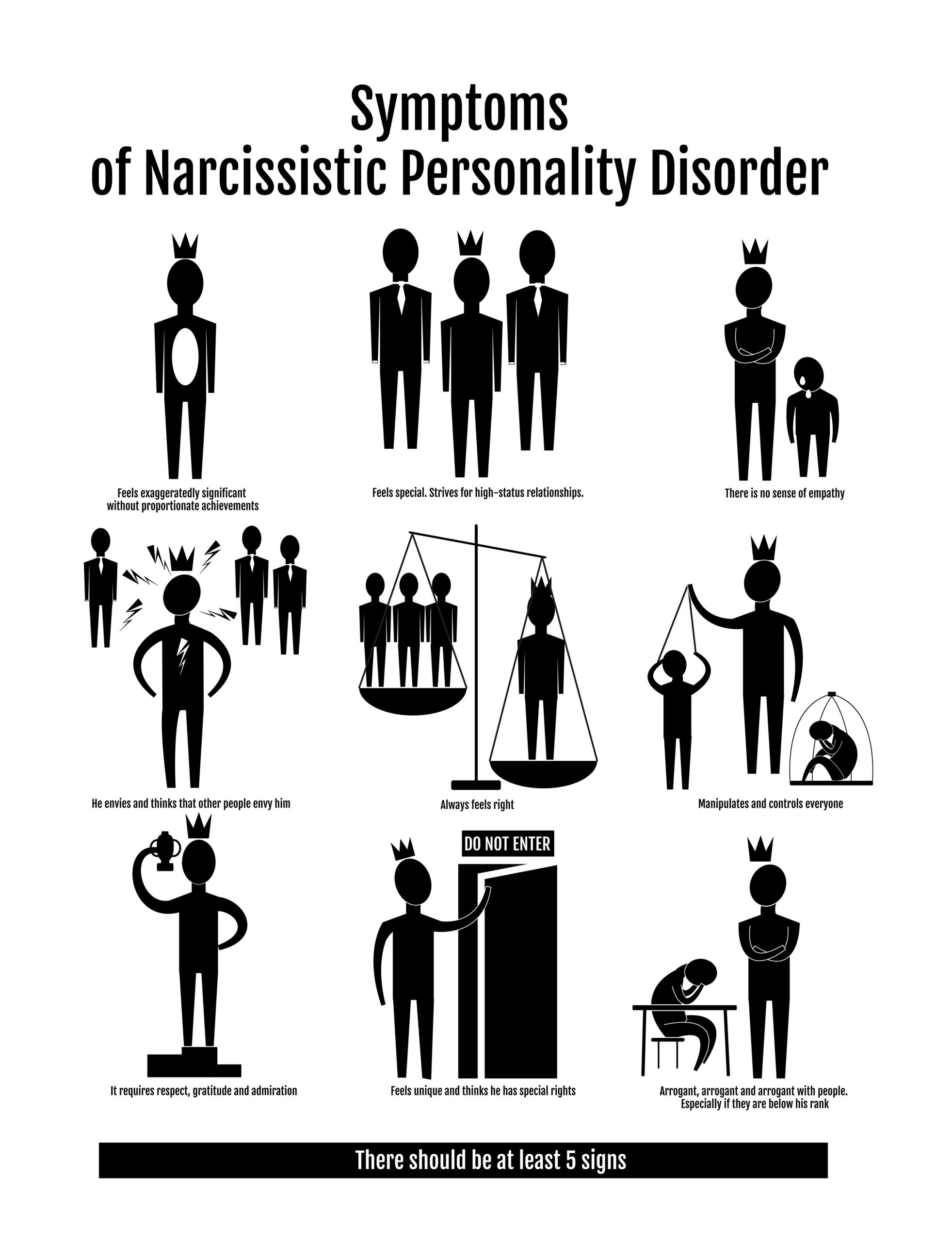 Strategies for Handling Narcissistic Discard
Strategies for Handling Narcissistic Discard
When a narcissist decides to discard you, embracing self-care and tapping into your support system can empower you, preserve your self-worth, and meet your emotional needs.
Self-Care Techniques
To navigate the turbulent aftermath of a narcissist's discard, prioritize activities and practices that foster your well-being:
- Assess Your Emotional Health: Take the time to recognize your feelings without judgment. It's crucial to acknowledge the hurt without letting it define you.
- Establish Boundaries: Firmly decide what behaviors you will not tolerate from others, including the narcissist, to protect your peace of mind.
Key Takeaway: Embrace habits that nurture your mental and emotional health, reinforcing the importance of your own needs and self-worth.
Seeking Support Systems
A solid support system is vital in coping with a narcissistic discard:
- Connect with Loved Ones: Reach out to friends and family who understand what you're going through and are willing to listen and provide comfort.
- Professional Help: Consider therapy or counseling to help you process the experience and develop healthy coping mechanisms.
Key Takeaway: Lean on a network of people who bolster your strength and validate your feelings, ensuring you're not facing this challenge alone.
 Recovering from a Relationship with a Narcissist
Recovering from a Relationship with a Narcissist
Recovering from a relationship with a narcissist is essential for your mental and emotional well-being. The process involves healing from experience and moving forward with insight and self-compassion.
Healing and Growth
To heal from a narcissistic relationship, it's important to prioritize self-care and self-compassion. Your self-esteem may have suffered, but this period is about rebuilding and fostering growth.
- Understand Your Experience: Reflect on the relationship to understand the dynamics.
- Seek Support: Therapy or support groups can provide a space to work through feelings and experiences.
- Develop Self-Compassion: Be gentle with yourself and recognize that recovery takes time.
Key Takeaway: Nurturing your emotional health is a crucial first step toward restoration and personal growth.
Moving Forward
Regaining a sense of normalcy and moving on from a past relationship with a narcissist involves setting new boundaries for future interactions and relationships.
- Establish Boundaries: Learn to set and enforce clear boundaries to protect your well-being.
- Rediscover Interests: Reconnect with activities and hobbies that give you joy and build your identity outside of the relationship.
- Build New Relationships: Cultivate connections with others based on mutual respect and understanding.
Key Takeaway: Moving forward means establishing a life where you feel empowered and respected in your long-term relationships.

Building Self-Esteem After Narcissistic Abuse
Recovering from narcissistic abuse involves focusing on rebuilding your self-esteem and confidence. It's about learning how to nurture healthy relationships and setting your well-being as the top priority.
Rebuilding Confidence
You've been through a lot, but now it's time to turn the page. Recognizing your strengths and accomplishments is a key step in regaining your confidence. Here are some strategies:
- Keep a Journal: Write down your daily victories, no matter how small. Seeing your progress in writing reinforces your value and capabilities.
- Set Personal Goals: Identify achievable goals that excite you. Accomplishing these will give you a sense of progress and purpose.
- Celebrate Success: Take the time to treat yourself when you hit a milestone. This reinforces your achievements and makes them more real.
Key Takeaway: Each day brings a new chance to acknowledge your strengths and grow.
Developing Healthy Relationships
It's essential to surround yourself with positive influences that reinforce your self-worth. Cultivating solid and healthy relationships helps you stay grounded.
- Establish Boundaries: Be clear about your limits and enforce them consistently. This helps prevent others from taking advantage of you.
- Choose Wisely: Invest time in people who respect you and your boundaries—quality over quantity matters in relationships.
- Communicate Openly: Honest communication builds trust and understanding. Share your thoughts and feelings with those who listen.
Key Takeaway: Supportive relationships are a cornerstone to a positive self-image and personal growth.
Understanding and Detaching from the Narcissist's Influence
Recognizing a narcissist's influence over your life is the first step toward regaining control. Accepting their decision to discard without pleading for their attention flips the script, empowering you to detach and foster independence.
Breaking the Cycle of Abuse
When you stop playing the role the narcissist expects, you interrupt the cycle of abuse. Here are key strategies to help you accomplish this:
- Set Firm Boundaries: Clarify what behavior you will not tolerate and stick to your decision.
- Maintain Zero Contact: Refuse any communication to hinder their control and influence.
- Seek Support: Find friends, family, or support groups who understand and can reinforce your decision.
Key Takeaway: Setting boundaries and maintaining no contact are potent steps in breaking free from the cycle of abuse.
Gaining Emotional Independence
Emotional independence is crucial in detaching from a narcissist's influence. Here's how you can gain it:
- Self-Reflection: Spend time understanding your feelings and needs separate from the narcissist's narrative.
- Self-Care: Prioritize activities that nourish your mind, body, and soul.
- Cultivate Interests: Reconnect with hobbies and passions that were sidelined during your time with the narcissist.
Key Takeaway: Focusing on self-care and interests rebuilds your sense of self, which is instrumental in gaining emotional independence.
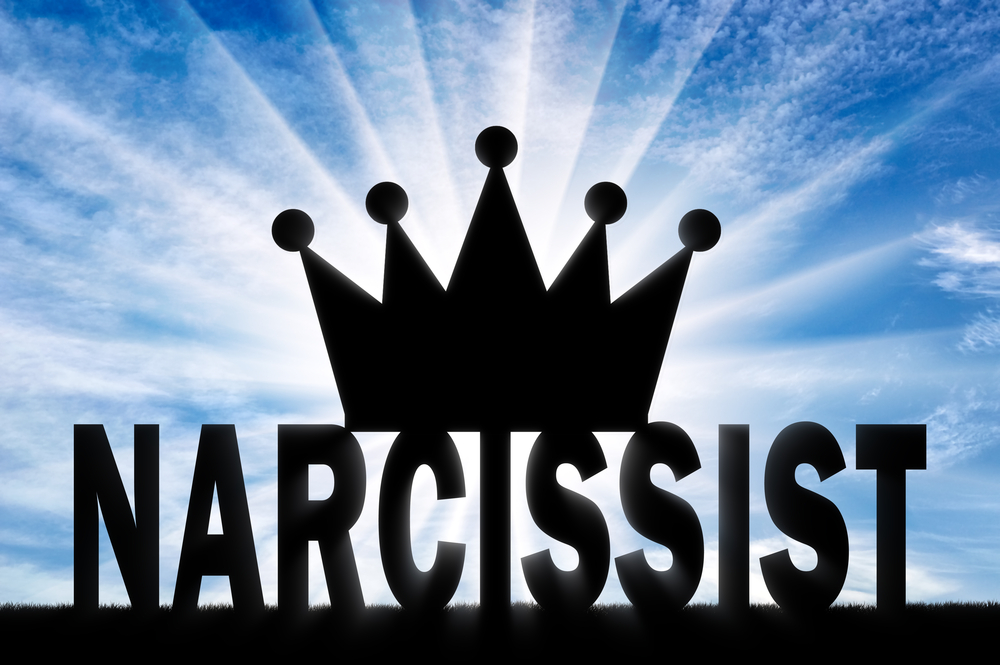 Help and Resources for Dealing with Narcissists
Help and Resources for Dealing with Narcissists
When you're navigating a relationship with a narcissist, finding the right support is crucial. You don't have to walk this path alone. Here's your toolkit of resources to lean on:
Therapy
Professional guidance can make a world of difference:
- Individual Therapy: A therapist can provide personalized strategies to cope with the aftermath of a narcissistic relationship.
- Cognitive Behavioral Therapy (CBT): Helps alter negative thought patterns and build self-esteem.
Support Groups
Connect with others who understand:
- Online Forums: Platforms like Reddit and Facebook have groups where you can share experiences and advice.
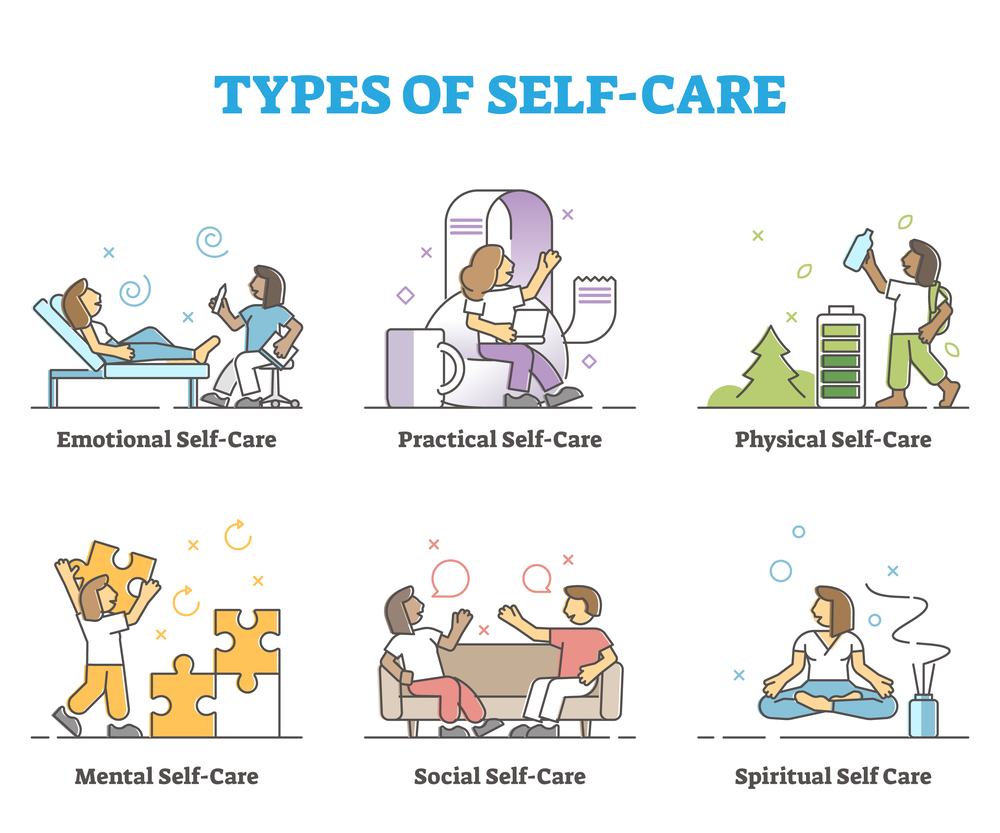 Self-Care Practices
Self-Care Practices
You come first—remember to:
- Take time for activities that you enjoy.
- Practice mindfulness or meditation to stay grounded.
Books and Literature
Knowledge is power. Read up on:
- "The Wizard of Oz and Other Narcissists" by Eleanor Payson.
- "Disarming the Narcissist" by Wendy T. Behary.
Key Takeaway: Your journey is unique, but you're not alone. Plenty of tools and folks are ready to bolster you. Stay connected, stay informed, and look after your well-being. You've got this!
Frequently Asked Questions
Navigating the aftermath of a relationship with a narcissist can be confusing and challenging. Understanding their reactions can offer clarity and empowerment during difficult times.
Can a narcissist handle being ignored after the discard?
When you ignore a narcissist after they've discarded you, they might exhibit frustration or confusion. Narcissists thrive on attention and validation, so your indifference disrupts their expectations.
Key takeaway: Your silence is powerful; it denies them the reaction they anticipate.
What do narcissists do when you show them you're not affected by the discard?
Narcissists may attempt to provoke a reaction if you appear unfazed by their decision to discard you. They might try to re-engage with you through compliments or insults just to elicit an emotional response.
Key takeaway: Stay steadfast in your indifference; it's your shield against their tactics.
How might a narcissist respond to someone accepting the discard without pleading?
Accepting the discard calmly can lead to a narcissist feeling a lack of control. They might cycle back with kind gestures or promises of change to regain the upper hand.
Key takeaway: Your acceptance can shift the power dynamic, often unsettling the narcissist.
Do narcissists expect you to pursue them after they have discarded you?
Indeed, narcissists often expect you to chase after them, seeking their approval and validation. This pursuit reaffirms their desired self-image of being highly valued and sought after.
Key takeaway: Not playing into this expectation can take them by surprise.
What are common behaviors of a narcissist after they have permanently discarded someone?
After a permanent discard, a narcissist may engage in spreading negative stories about you to safeguard their ego and to maintain a positive self-image among peers.
Key takeaway: This behavior is about their self-image, not their worth.
How do narcissists typically feel when someone cuts ties with them first?
If you're the one to cut ties first, a narcissist might initially feel shocked and insulted. They're used to being in control, so this move can lead to aggressive attempts to regain it or cold withdrawal to preserve their pride.
Key takeaway: Your proactive boundary-setting often disrupts their narrative and control.

